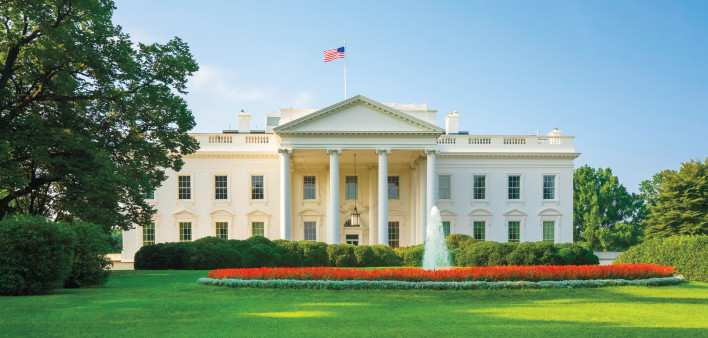Thank you, President Biden and Health and Human Services (HHS) Secretary Becerra for my appointment to the Presidential Advisory Council on HIV/AIDS (PACHA). With my big mouth, I’m sure it was not an easy decision. To be clear, my musings are mine alone. I do not speak for PACHA or the administration. Sometimes, even NMAC wants distance from what I say. I need HHS and related agencies to succeed. Ending the epidemic means I get to go home.
I wanted to go on PACHA before I died. My commitment is to work collaboratively, follow the rules and be an activist member who challenges the administration to do better. There are so many opportunities and threats. These are my current priorities:
- Reaching the 2025 goals for ending the HIV epidemic;
- Overturning House cuts to HIV appropriations;
- PEPFAR [President’s Emergency Plan for AIDS Relief] reauthorization;
- Eliminating Freedom Caucus riders;
- Stopping Braidwood v. Becerra from reaching the Supreme Court;
- Stopping states from turning back their HIV funding;
- Fighting the weaponization of the HIV community in the 2024 elections.
At the start of the epidemic, many health departments and health care providers refused to provide basic services that our communities desperately needed. They were afraid, and we were treated like lepers—a new class of untouchables. I remember going to hospitals and changing into space suits that would keep me from hugging my friends, who were scared and alone.
AIDS changed everything, especially the relationship between patients and providers. HIV caught doctors flat-footed, so people with AIDS (PWA) had to become their own best advocates. That meant learning the science and schooling providers. This was the beginning of PWA empowerment, which led to the creation of The Denver Principles.
Based on The Denver Principles and the value of self-determination, activists worked with Congress to write legislation that required planning bodies. While common practice now, back then, it was revolutionary. Letting community be part of the decision-making was not easy for government officials, and there were many years of mistrust.
Do not take your seat at the table for granted. Not speaking up is a disservice to the heroes who fought and died to get us to the table. Sometimes we forget that people died. They died painful, awful deaths. We stand on their shoulders and have a responsibility to do the right thing, especially when it is not easy.
This is not the time for complacency. The threats are real, and our movement must fight for solutions that are thoughtful, comprehensive and robust:
- Too many people living with HIV are unaware of their status or have fallen out of care and off their meds.
- There are too few people on pre- exposure prophylaxis (PrEP) to prevent HIV. We won’t see the community-level benefits of treatment as prevention until we get a national PrEP Plan.
- HIV was already stigmatized; the new policies that deny care for the transgender community (multiple state bills), HIV PrEP for gay men (Braidwood) or turn back state HIV prevention funds (Tennessee) make destigmatizing the virus impossible.
- Ending the epidemic takes money, and our movement is hemorrhaging donors.
It is an honor and privilege to be on PACHA. To everyone on planning bodies, thank you. We stand on the shoulders of heroes. Our job is to speak up and fight for all the communities highly impacted by HIV. Telling your truth and fighting back is a gift from The Denver Principles. While I have no influence on who gets selected (so please do not email me), nominations for new PACHA members will be accepted up to January 5, 2024.







Comments
Comments